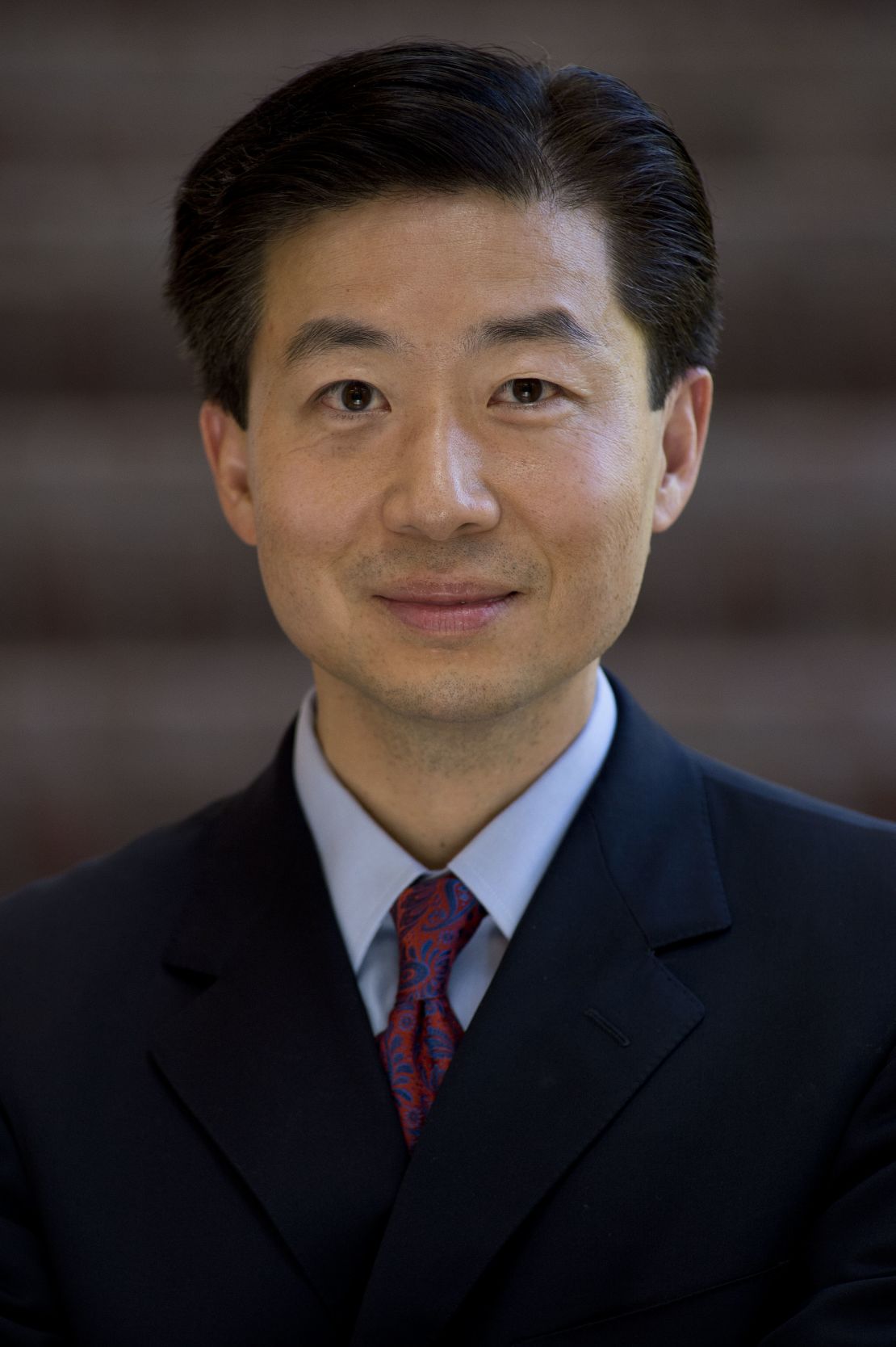Editor’s Note: Sung-Yoon Lee is the Kim Koo-Korea Foundation professor in Korean studies and assistant professor at the Fletcher School of Law and Diplomacy at Tufts University. As tensions mount on the Korean Peninsula, Wolf Blitzer explains what’s behind the threats and what’s at stake in a special edition of “The Situation Room,” tonight at 6 p.m. ET on CNN.
Story highlights
Sung-Yoon Lee: Despite threats, North Korean leadership isn't crazy or suicidal
Lee: North Korea's goal is to get the U.S. to withdraw troops from South Korea
He says the regime's strategy is to instill fear in South Koreans and Americans
Lee: The risk of North Korea starting an all-out war is quite small
North Korea is no laggard when it comes to bluster and vituperation.
For decades, the regime has issued threats of turning South Korea into a “sea of fire” or used choice words such as “human scum” or “political idiot” when denouncing South Korean and U.S. leaders.
But even measured against such standards, North Korea’s barrage over the past month, from threatening to launch an “all-out war” to “diversified precision nuclear strike” against Washington, “wipe out” a South Korean island, or hurling a sexist insult against Park Geun-hye, South Korea’s first female elected leader, to, most recently, warning of an imminent “moment of explosion,” is quite unusual.

And now, after saying that plans for merciless operation has been “finally examined and ratified,” Pyongyang is hinting at another long-range missile launch.
What’s going on?
First, we must assume the North Korean leadership is not crazy or suicidal in spite of bizarre things it says and does.
Get our free weekly newsletter
Cruel, totalitarian and solipsistic the Kim dynasty surely is. But the fact that it has managed to preserve itself for more 60 years and, in the post-Cold War era, in spite of the everyday existential threat of facing an immeasurably more successful Korean state across the border, the impoverished North has shown itself to be, if nothing else, calculating and resilient.
Opinion: Kim Jong Un is not crazy
What is Pyongyang calculating? The same it has since theendof the Korean War 60 years ago. The two constants in North Korea’s foreign policy are its continual calls for the withdrawal of U.S. troops from South Korea and blaming “U.S. hostile policy” for the tension enveloping the Korean Peninsula.
Pyongyang sees the U.S. commitment to the defense of South Korea, as powerfully symbolized by the presence of American troops in the South, as the greatest impediment to its highest state task. As North Korea states in the charter to its communist party, that task is to “(en)sure the complete victory of socialism in the northern half of the Democratic People’s Republic of Korea and the accomplishment of the revolutionary goals of national liberation and the people’s democracy on the entire area of the country.” In plain language, that means dissolving the South Korean government and communizing the entire Korean Peninsula by force.
North Korea’s frequent threats are a means to a long-term end.
The first step is to impregnate the South Korean public with war hysteria and the illusion that the withdrawal of U.S. troops would lead to peace and reconciliation between the two Koreas.
The second is to instill fear in the American public by one day demonstrating its capability to marry a nuclear warhead with an intercontinental ballistic missile with the range to hit the U.S. West Coast. When that day comes, Washington may have second thoughts about its treaty commitment to the defense of South Korea, Pyongyang calculates.
So far, timing seems to be in Pyongyang’s favor. Over the past year, all the major powers in North Korea’s neck of the woods have undergone a leadership transition. Moreover, in Seoul, Beijing and Tokyo, leadership transitions have occurred only in recent months.
That creates a particularly appeasement-prone environment, as no newly elected leader wishes to spend political capital on a foreign policy crisis created by North Korea when many other pressing domestic issues beckon.
So Pyongyang reckons that after ratcheting up tension as high as it can and then simply take a little step back, it can lure its richer interlocutors into returning to talks and the kind of concessionary aid worth billions of dollars we have seen in the past.
This means the risk of North Korea starting an all-out war is quite small, although there is always the possibility of miscalculation. It also means that Pyongyang will most likely not just go quietly into the night after having thumped its chest for so long. We should expect some kind of deadly, although limited, attack to come soon.
How should Seoul and Washington respond?
For starters, they could clamp down on the North’s multifaceted criminal activities and put psychological pressure on the elites. Second, they could raise awareness on North Korea’s systematic and widespread human rights violations so that democratic countries come to view the regime as a threat to humanity instead of some abstract amalgamation of the dreadful and the bizarre.
This approach may not yield immediate changes in regime behavior. But at the very least it will finally put the “stick” in the proverbial carrot-and-stick metaphor for taming Pyongyang.
Follow @CNNOpinion on Twitter.
Join us at Facebook/CNNOpinion.
The opinions expressed in this commentary are solely those of Sung-Yoon Lee.






























































